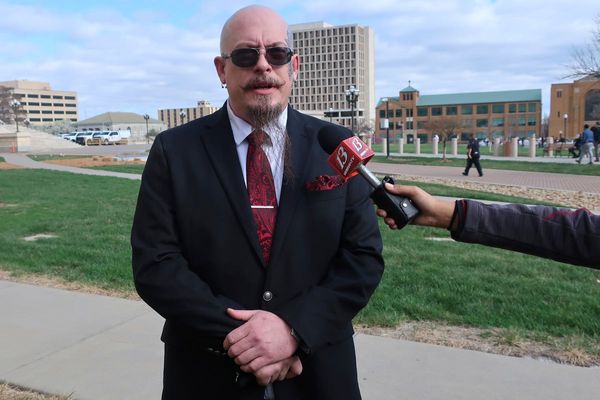A Constitution Bench on March 4 said the Parliament and State legislatures would lose their representative character in a democratic polity if MPs and MLAs are not able to attend the House and speak their minds in exercise of their duties as members without fear of being harassed by the executive or any agencies.
“The freedom of elected legislators to discuss and debate matters of the moment on the floor of the House is a key component of a deliberative democracy in a parliamentary form of government. The ability of legislators to conduct their functions in an environment which protects their freedom to do so without being overawed by coercion or fear is constitutionally secured. As citizens, legislators have a fundamental right to the freedom of speech and expression,” Chief Justice of India D.Y. Chandrachud, speaking for a seven-judge Bench, observed.
The judgment overruled a majority judgment of 1998 in the JMM bribery case which had held that legislators were immune from prosecution if they took bribes.
“At no point were these privileges demanded as a blanket immunity from criminal law. Even in the face of colonial reluctance, the demand for parliamentary privileges in India was always tied to the relationship which it bore to the functions which the Indian legislators sought to discharge,” the judgment said.
However, the Bench said the parliamentary privilege and immunity would swing into action if legislators were threatened with prosecution for their official actions or speeches given in the House to enhance the dignity and authority of the legislature.
“The privilege of an individual member only extends insofar as it aids the House to function and without which the House may not be able to carry out its functions collectively,” the court specified.
Necessary privilege
The Chief Justice said freedom of speech in the Houses of Parliament and their committees was one such “necessary privilege” essential to the functioning of the House.
“This privilege is not only essential to the ability of Parliament and its members to carry out their duties, but it is also at the core of the function of a democratic legislative institution. Members of Parliament and Legislatures represent the will of the people and their aspirations,” the judgment noted.
Similarly, the vote given by a member of Parliament was an extension of speech. “Therefore, the freedom of a member of Parliament to cast a vote is also protected by the freedom of speech in Parliament,” the court set down.







